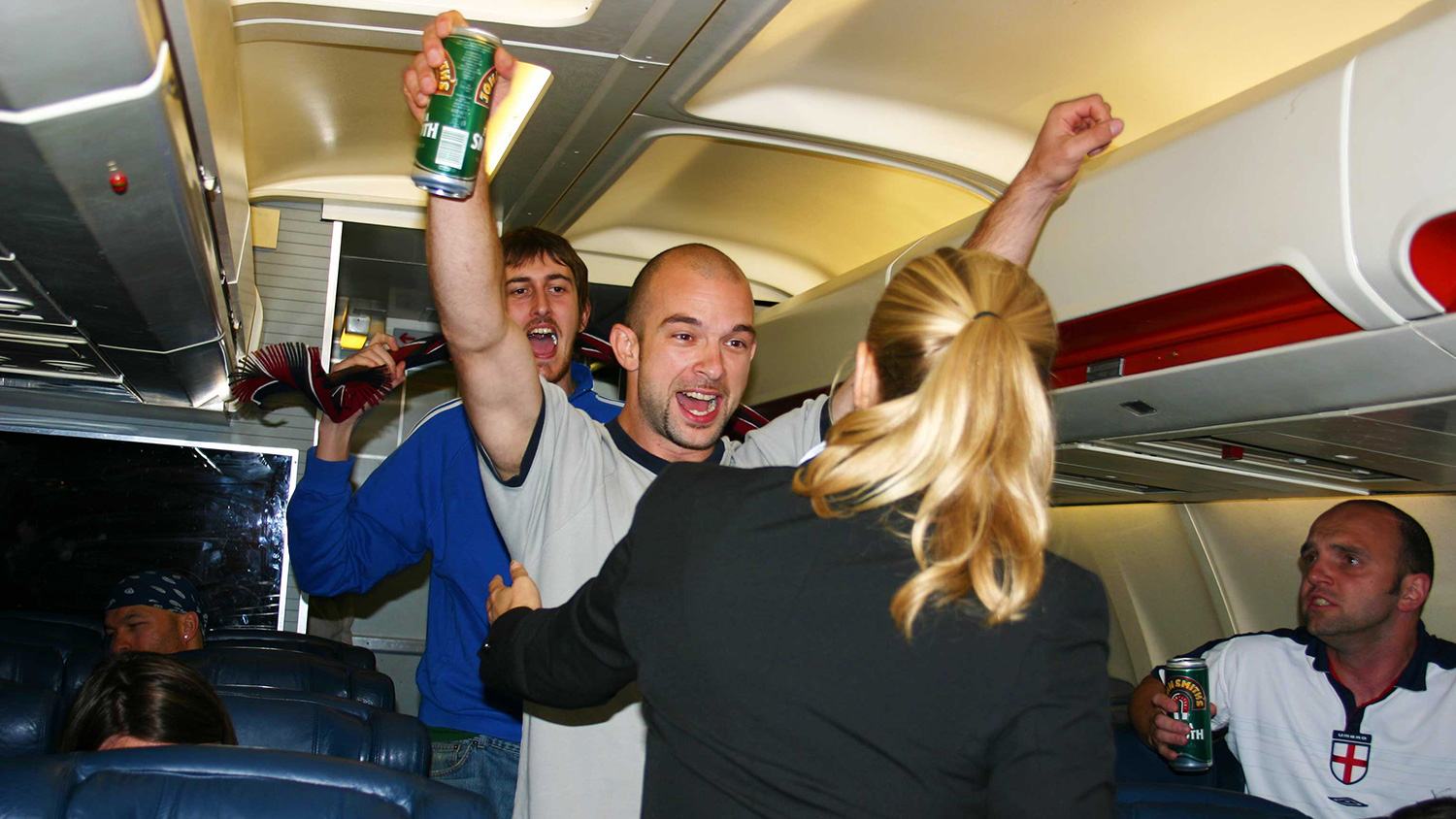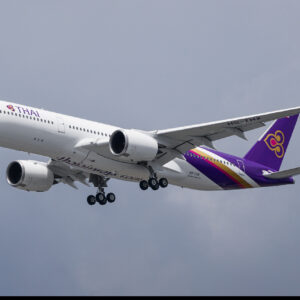How do Cabin Crew Deal with Difficult Passengers? An Introduction
For a lot of people, flying can be a stressful time, and this stress can sometimes make passengers act in challenging ways. Cabin crew members are usually the ones who have to deal with these situations directly, and how they manage difficult passengers can really affect how the entire flight feels for everyone. So, “how do cabin crew deal with difficult passengers?” is a question that often arises. Let’s explore some essential skills and techniques that answer this question.

Maintaining Calm
One of the key techniques cabin crew use is maintaining a calm and quiet demeanour. When a passenger is being difficult, responding in a calm manner can help defuse the situation. It’s important not to provoke or embarrass the passenger as it could escalate the problem.
Strategic Seating
If a situation arises that can be resolved by moving passengers, cabin crew consider this option. For instance, if a passenger is uncomfortable sitting next to young children or feels constrained by the person in front reclining their seat, a seat switch could be the solution.
The Art of Distraction
Distraction is another technique used by cabin crew. If a passenger is unhappy about something, such as the in-flight menu or baggage storage, cabin crew may steer the conversation towards something else, like their travel plans or the in-flight entertainment system.
Teamwork and Compassion
Cabin crew are not alone in dealing with difficult passengers. They can always turn to their colleagues for advice or support. Moreover, showing compassion, especially towards nervous flyers, is crucial. Cabin crew acknowledge their fears, reassure them about safety procedures, and handle their emotions with care.
Managing Alcohol Consumption
Intoxicated passengers can be a challenge. Cabin crew have the right to refuse to serve alcohol to anyone visibly intoxicated. They maintain their composure and stay polite but firm in these situations.

Providing Information
Cabin crew also deal with difficult passengers by providing helpful information, especially when passengers are stressed due to delays or cancellations. They offer advice about what to do at the airport after landing, helping to ease passengers’ stress.
Supporting Parents
Flying with young children can be stressful for parents. Cabin crew can offer small acts of kindness, such as heating up baby bottles or lending an extra pair of hands, to help parents during the flight.
Clear and Simple Explanations
Sometimes, passengers become difficult because they don’t understand why their requests can’t be fulfilled. In such cases, cabin crew provide clear and simple explanations. For instance, if a passenger asks for another drink after having their second one, the crew might explain that excessive drinking could cause problems.
Using Authority When Necessary
If all other methods fail and a passenger continues to be disruptive, cabin crew may need to use their authority. In extreme cases, this could involve making a stopover to have a disruptive passenger removed from the plane. However, this is always a last resort, and cabin crew use their authority judiciously to maintain peace and order on the flight.
Conclusion
Dealing with difficult passengers is part of the job for cabin crew. But with the right skills and techniques, they can ensure a smoother and more enjoyable flight experience for all. In answering the question “how do cabin crew deal with difficult passengers?”, we’ve explored a range of strategies, from maintaining calm to using authority when necessary. These techniques not only help manage difficult situations but also contribute to a more pleasant journey for all passengers.
Frequently Asked Questions
1. How do flight attendants deal with anxious passengers?
Flight attendants are trained to handle anxious passengers with compassion and understanding. They reassure them about the safety of air travel, explain the flight procedures, and may even engage them in light conversation to distract them from their anxiety. They also offer assistance as needed, such as helping with luggage or providing extra comfort items.
2. How do airlines handle unruly passengers?
Airlines have strict protocols for handling unruly passengers. Cabin crew are trained to de-escalate situations, using calm and clear communication. If a passenger continues to be disruptive, the crew may use their authority to enforce airline policies. In extreme cases, the pilot can request law enforcement to meet the aircraft upon landing.
3. How will you handle a passenger who refuses to cooperate with the cabin crew?
If a passenger refuses to cooperate, the cabin crew will first try to understand the passenger’s concerns and address them. They will explain the importance of following crew instructions for the safety of all passengers. If the passenger continues to be uncooperative, the crew may have to use their authority, and in extreme cases, involve the pilot or law enforcement.
4. How do you manage a situation when two passengers are causing a disturbance?
In a situation where two passengers are causing a disturbance, the cabin crew would first try to separate the passengers, if possible. They would then speak to each passenger individually to understand the issue and find a resolution. If the disturbance continues, the crew may have to use their authority to enforce peace and order.
5. How would you deal with an angry passenger?
Dealing with an angry passenger involves staying calm, listening to the passenger’s concerns, and offering solutions where possible. The cabin crew would use their training in conflict resolution to de-escalate the situation. They would maintain a professional demeanour, ensuring the passenger feels heard and understood.
6. What would you do in the situation where you witnessed a passenger angry at a cabin crew?
Should a passenger express anger towards a cabin crew member, it’s typical for another crew member to step in to help manage the situation. This involves lending an empathetic ear to the passenger’s concerns, suggesting viable solutions, and clearing up any misconceptions. The ultimate aim is to settle the matter in a calm and professional manner, while prioritising the safety and comfort of all on board.







